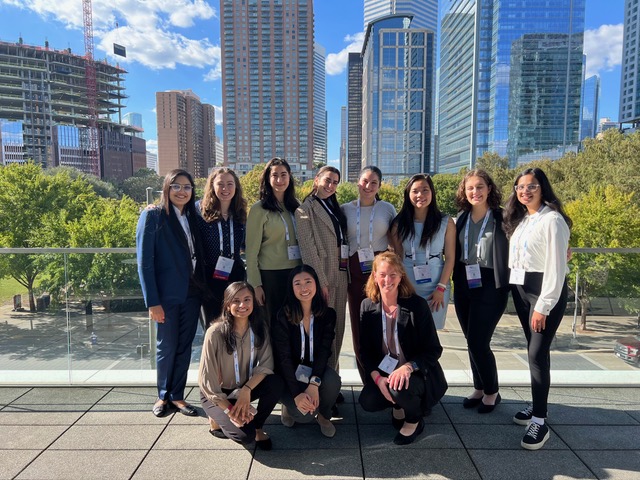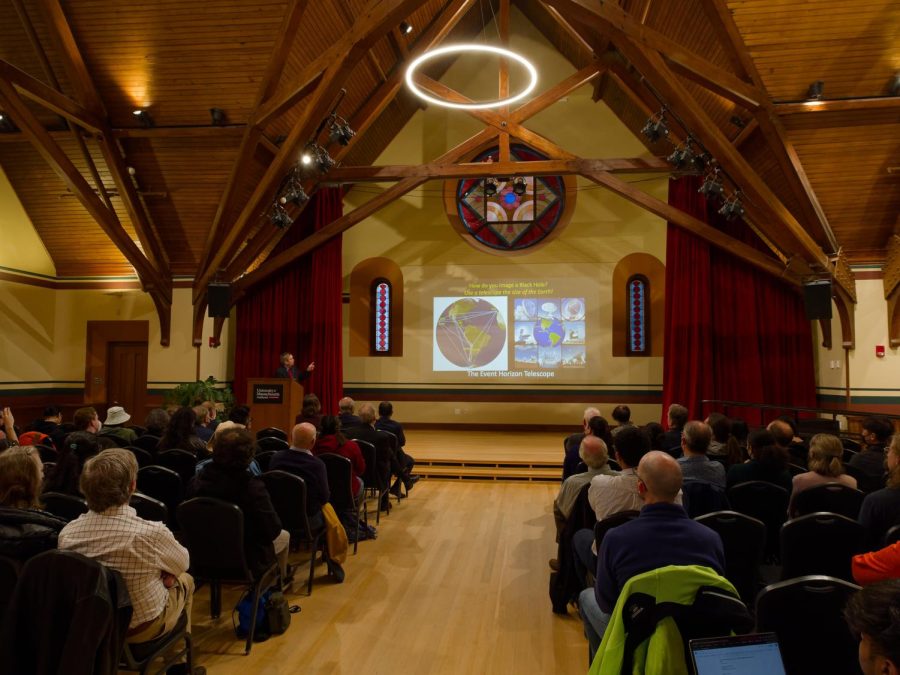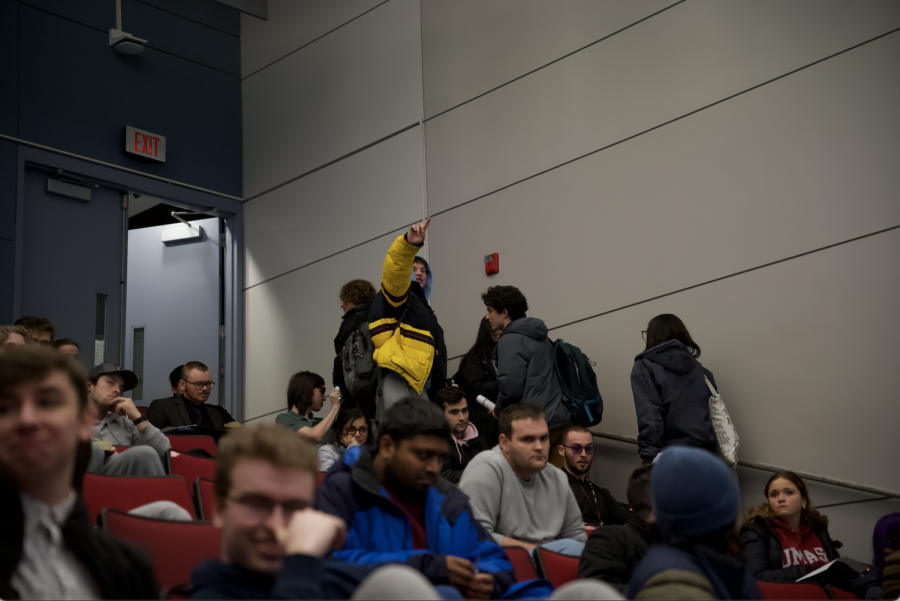When one thinks of a professor, the image of a reclusive, bearded intellectual, perhaps in a coffeehouse, perhaps in a dimly lit study poring over yellowed papers may come to mind. According to a recent study called Social Media in Higher Education, that image may be a thing of the past as the study,found some 80 percent of college professors use at least one form of social media.
The May 4 survey asked 939 professors at two and four-year colleges if they had at least one account with Facebook, Twitter, MySpace, YouTube, Flickr, Google Wave, Skype, LinkedIn or Slideshare. Eighty percent said they used at least one of these functions, with 60 percent reporting that they had accounts with more than one social media site.
University of Massachusetts’ professors seemed not to quite fit that trend.
“Facebook is terrible,” said UMass history professor Sigrid Schmalzer. “The Internet is a wonderful open public source for knowledge and information. Facebook privatizes and controls content, disallowing photographs of mothers nursing and forcing all content through one single entry point. It limits sharing.”
“As an academic and an activist [Facebook] frustrates me,” Schmalzer continued, “many activists only post on Facebook, and that restricts the publicity and allows policing.”
Other professors were more simple and direct. Microbiology department head professor John Lopes simply said, “Sorry, I don’t use social media.”
Women, gender, and sexuality studies’ department head Arlene Avakian does not use social media either. She said that there are many advantages and disadvantages to social media but does not use them herself. “I see no pedagogical advantage to this media,” Avakian said. “I use email lists to contact students with messages.”
“One thing I fear is that young people using social media may be losing the ability to have significant face-to-face interaction,” continued Avakian.
“LinkedIn [a business oriented social networking site] has been very useful connecting our undergraduates and graduate students to alumni and alumni back to the department,” said department of mechanical and industrial engineering head Donald Fisher.
Social media may be too broad a term to use when examining professors’ online activity. In a May 4 article on the college news site Inside Higher Ed, journalist Steve Kolowich wrote that, “not all Web 2.0 tools are created equal. Among respondents to the Babson survey, YouTube was the preferred tool for teaching, with more than a fifth of professors using material from the video-sharing community in class.”
Sam Hayes can be reached at [email protected].







Dave Hale • Nov 4, 2010 at 10:07 am
As an assistant professor at both the brick and mortar and online universities I use social media accounts to stay in contact with my students. The online university I teach for, use it is Facebook, twitter, Yahoo groups and LinkedIn to connect not only with students but prospective learners as well.
I started and LinkedIn group for the behavioral and health sciences students at my online university. Students stay connected with one another along with developing cohort research papers which we submit to peer-reviewed publications.
With many of the top universities that my peers teach at and who I stay connected with, I know that they also use social media as a tool to stay not only connected with students but also others within the field they teach it. I do not think that all academic professionals speak negatively about social media because almost everyone I know uses it as a proactive tool.
Dr. Dave Hale
Paul Weber • Oct 26, 2010 at 6:46 am
Interesting topic, I’m a Duke University Sociology student and it was interesting to find out that our Prof. actually has a facebook account that he registered in 2007. My personal opinion regarding the matter is that though busy folks, profs too should find time to engage in socio media.
Hey guys, Has anyone tried nonotes.com? I saw an article on them and it sang its praises but I wanted to know if anyone has tried them.
Clint Carlson • Sep 14, 2010 at 4:03 pm
You seem to include only negative sound bytes from academic professionals, which doesn’t give a very accurate impression of social media use. Many feel that the online interaction enhances the relationship in the classroom. There is a great group on facebook called “Faculty Ethics on facebook” that has an excellent set of proposed guidelines for teachers who want to start interacting with students there. The only thing it doesn’t recommend (that I would) is to create a second facebook profile for professional use only. This greatly helps in establishing professional boundaries on facebook. Since people who may read this article might not have a facebook account, here are their guidelines:
1. Keeping official course activities in official online tools and not on Facebook.
2. Never requiring students to participate in Facebook or having Facebook participation influence a course grade. (An exception is for class projects that might use Facebook for research purposes [such as a statistical analysis of how Facebook groups grow and fade] and make their connection to a course explicit.)
3. Not friending students unless they request the connection. Not poking students. Never pressuring students to friend the professor (such as repeated mention of a faculty profile in class).
4. Accepting friend requests from all students (unless the instructor makes the decision not to friend students at all).
5. Not looking at student profiles unless the faculty member has been friended by the student and even then using Facebook information judiciously and for educational purposes. In short, not spying on students, but getting to know them better when invited to do so.
6. Faculty members should avoid association with Facebook groups with explicit sexual content or views that might offend or compromise the student / teacher relationship. This guideline must be applied sensitively within the context of a diverse educational environment in which both students and faculty practice tolerance and accept competing views.
7. Taking extreme care with privacy settings and faculty profile content to limit profiles to information relevant to educational purposes. A broad variety of information may be appropriate, however, given the area of expertise / subject, the local customs of an instructor’s school, and the personal dynamics of his or her classroom. Content should be placed thoughtfully and periodically reconsidered to maintain this educational standard.
8. Exercising appropriate discretion when using Facebook for personal communications (with friends, colleagues, other students, etc.) with the knowledge that faculty behavior on Facebook may be used as a model by our students.
9. Never misrepresenting oneself by using a false name or persona on Facebook, unless that characterization is connected explicitly with the real identity of the instructor.
10. Considering that the uneven power dynamics of the academy in which professors have authority over students, continue to shape the online relationship, even when the network tool (such as Facebook) is apparently democratic.
11. Keeping wall posts and other Facebook communication in concord with standard ethical practices of the educational relationship.
12. Never posting official course communication (feedback on an assignment, for example) in a public area of Facebook. Feedback might be given through private Facebook messaging when the student has asked a question via Facebook or a previous friend connection exists.
These guidelines are intended to be points for consideration and not hard and fast rules or laws of faculty behavior. Individual faculty must make individual decisions about the best practices in specific classrooms and educational contexts, always following the principle of nurturing student learning.
************
I think they’re excellent and would go as far as having employees sign off on them. Social media is a great tool for connecting, but it does involve some training in my opinion. Organizations should be proactive with guidelines such as these.
Thanks for the post Sam!
Clint Carlson
Social Media Manager
Herzing University